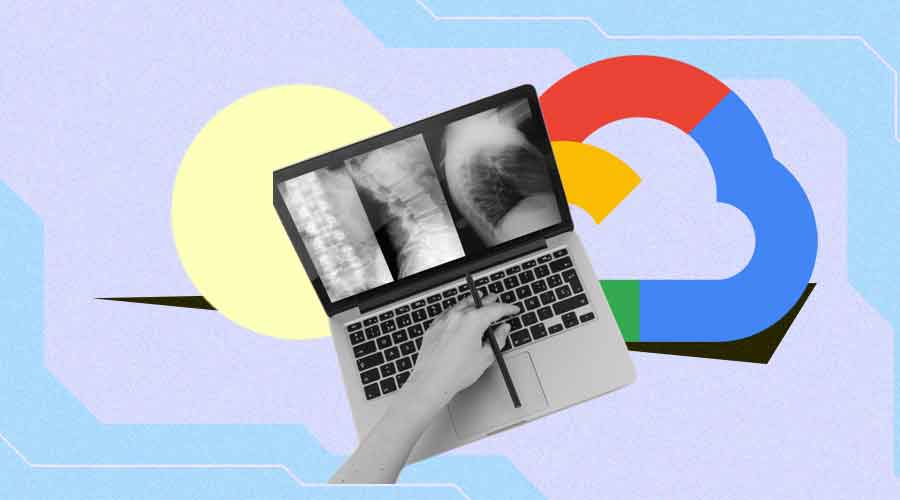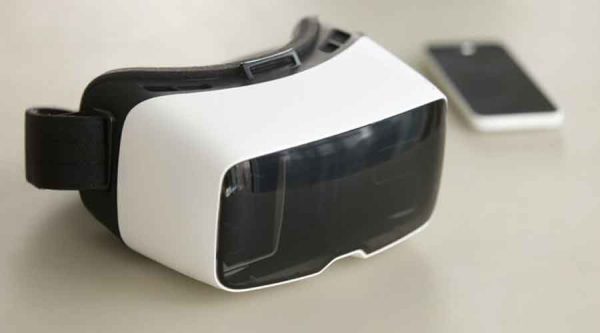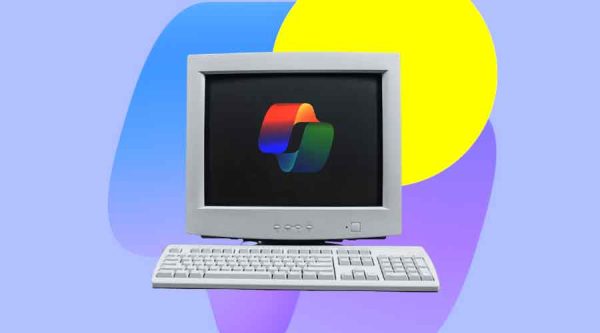
Google Cloud launches new AI models for healthcare and life sciences
MedLM, a suite of new health-care-specific artificial intelligence models released by Google on Wednesday, is aimed to assist doctors and academics in carrying out complex investigations, summarizing doctor-patient encounters, and more.
Google’s newest attempt to commercialize health-care industry AI technologies comes as competition for market share remains heated among competitors such as Amazon and Microsoft. CNBC spoke with firms that have been testing Google’s technology, such as HCA Healthcare, and experts believe the potential impact is real, but they are taking precautions.
The MedLM suite contains two AI models, one big and one medium-sized, both built on Med-PaLM 2, a large language model trained on medical data that Google initially unveiled in March. It is widely accessible to qualifying Google Cloud customers in the United States beginning Wednesday, and while the cost of the AI suite varies based on how firms utilize the different models, Google says the medium-sized model is less expensive to run.
Google also stated that in the future, health-care-specific versions of Gemini, the company’s newest and “most capable” AI model, will be included in MedLM.
Google Cloud’s worldwide head of healthcare strategy and solutions, Aashima Gupta, stated that the business discovered that certain medically calibrated AI models may do specific jobs better than others. That’s why Google opted to launch a suite of models rather than attempting to create a “one-size-fits-all” solution.
For example, Google stated that their more expansive MedLM model performs better when handling complex activities requiring extensive computational capacity and in-depth expertise, such as completing research with patient data from a healthcare organization as a whole. However, Gupta says the medium-sized model should perform better if businesses want a more flexible model that can be tailored for particular or real-time tasks, such as summarizing a patient-doctor conversation.
Real-World Use Cases
When Google first launched Med-PaLM 2 in March, it stated that it could be used to answer queries such as “What are the first warning signs of pneumonia?” with the question “Can incontinence be cured?” According to Greg Corrado, head of Google’s health AI, the use cases have changed as the business has tested the technology with clients.
According to Corrado, professionals seldom require assistance with “accessible” queries regarding the nature of a condition, thus Google hasn’t seen much consumer demand for those skills. Instead, health organizations frequently desire AI to assist in the resolution of more back-office or logistical issues, such as paperwork management.
“They want something that’s helping them with the real pain points and slowdowns that are in their workflow, that only they know,” Corrado told CNBC in a telephone interview.
HCA Healthcare, one of the major healthcare organizations in the United States, has been testing Google’s AI technology since the spring. In August, the startup established a formal partnership with Google Cloud to deploy its generative AI to “improve workflows on time-consuming tasks.”
HCA’s senior vice president of care transformation and innovation, Dr. Michael Schlosser, stated that the business has been utilizing MedLM to help emergency medicine physicians automatically document their encounters with patients. HCA, for example, transcribes doctor-patient sessions using an ambient voice documentation system from the business Augmedix. The MedLM package from Google can then parse such transcripts into the components of an ER physician note.
Schlosser stated that HCA has been utilizing MedLM in emergency departments at four hospitals and plans to increase its use over the coming year. Schlosser anticipates Google’s technology to be able to create more than half of a note without the assistance of suppliers by January. Schlosser claims that for doctors who can spend up to four hours a day on administrative paperwork, saving that time and effort makes a significant difference.
According to Schlosser, HCA is also working on developing a nurse handoff tool using MedLM. The gadget may scan the electronic health record and highlight pertinent information for nurses to pass on to the following shift.



